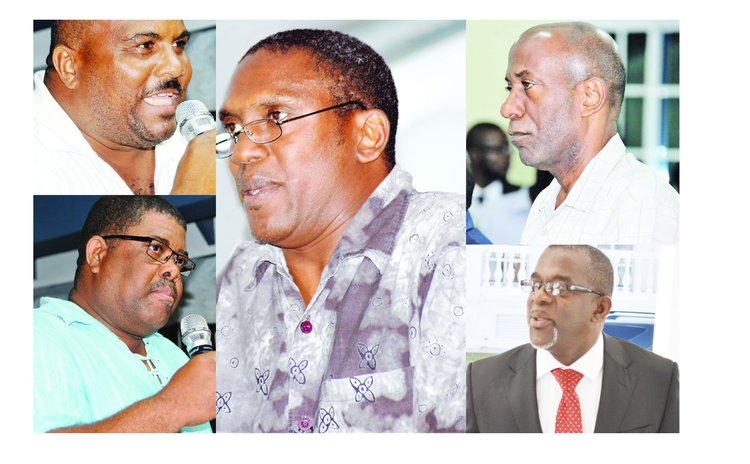Conflict of interest concerns cloud Electoral Commission reforms

As Dominica advances electoral reform with the Electoral Commission Act of 2024, questions of integrity and impartiality loom over the commission. The proposed legislation seeks to modernise electoral governance by reinforcing the Commission's independence and establishing clear ethical guidelines. However, revelations that three current Commission members, including the chairman, are involved in Dominica's controversial Citizenship by Investment (CBI) programme have sparked concerns about potential conflicts of interest.
These individuals, appointed by the Prime Minister, sell Dominica's economic citizenship, raising serious questions about their impartiality in overseeing elections.
Independence under scrutiny
The Electoral Commission's role is enshrined in Dominica's Constitution, mandating it to conduct elections in a free, fair, and transparent manner. The Electoral Commission Act of 2024 reinforces this independence, explicitly stating that the Commission must act without direction or control from any external authority. It also includes a robust Code of Conduct requiring neutrality, impartiality, and ethical behaviour from members and staff.
However, critics argue that independence on paper means little when members have financial or professional dependencies tied to political actors. As sellers under the CBI programme—a scheme often linked to the Prime Minister's office—the chairman and at least two members are directly associated with decisions controlled by the government. This dual role raises the spectre of conflict of interest, especially given the Commission's responsibility to oversee elections involving the very political figures who influence their professional livelihoods.
Potential conflicts of interest The relationship between Electoral Commission members and the Prime Minister is at the heart of the controversy. Under the CBI programme, the government grants exclusive sellers licenses to market and sell Dominican passports to foreign investors. This connection questions the Commission's neutrality, as these individuals' financial interests may align with maintaining the political status quo.
Key concerns:
Perception of bias: Even without direct influence, the association with the CBI programme undermines public trust in the Commission's ability to act impartially. Critics argue that Commission members may hesitate to take actions that could displease the government, creating a chilling effect on independent oversight.
Influence on electoral outcomes: The Commission's responsibilities include overseeing voter registration, managing elections, and resolving disputes. If members are perceived as aligned with the ruling party due to their financial ties, opposition parties and civil society may doubt the fairness of these processes.
Public confidence: The credibility of elections depends not only on fairness but on the public's belief in that fairness. The entanglement of Commission members in politically sensitive programmes like the CBI threatens to erode this belief.
What the Act does—and doesn't do
The Electoral Commission Act 2024 introduces several measures aimed at addressing ethical concerns:
Code of conduct: Members must disclose conflicts of interest, refrain from partisan activity, and act professionally.
Independence: The Act reiterates that the Commission operates free from external direction.
Financial accountability: Annual reports and audits are required to ensure transparency in the Commission's operations.
However, the Act stops short of addressing systemic issues like the dual roles of members in politically sensitive economic programmes. The current composition of the Commission, where members are appointed on the advice of the Prime Minister and Leader of the Opposition, remains unchanged. Furthermore, no eligibility criteria exist to disqualify individuals with such entanglements from serving on the Commission.
The Bill also does not follow Sir Denis Byron's recommendation to broaden the composition of the Commission. Byron had suggested that the Electoral Commission include representatives from civil society or independent entities to reduce partisanship and bolster public trust. The omission of this recommendation may be attributed to the government's reluctance to dilute its influence over the Commission, as the existing appointment framework allows political actors to maintain control over the body. Critics argue that leaving out Byron's recommendation reflects an unwillingness to embrace reforms that would fundamentally alter the balance of power in electoral oversight.




